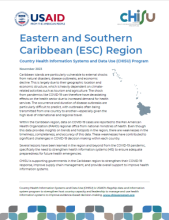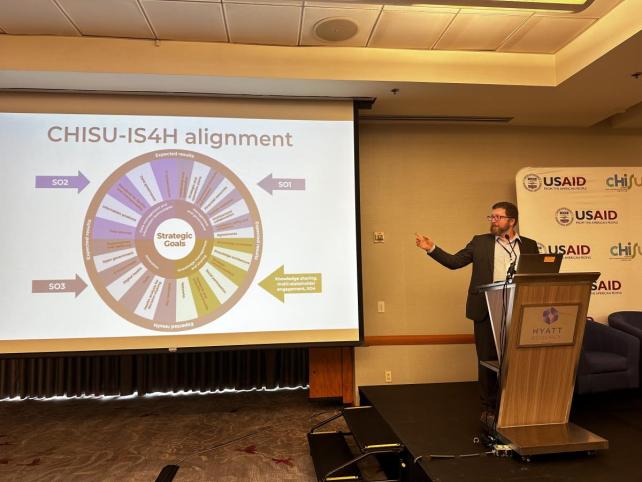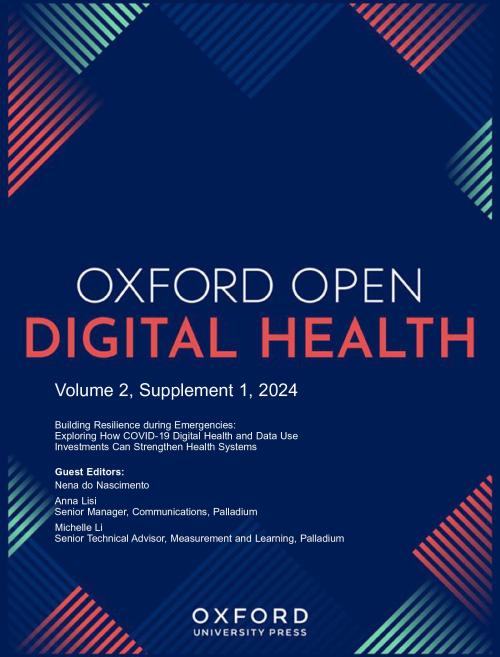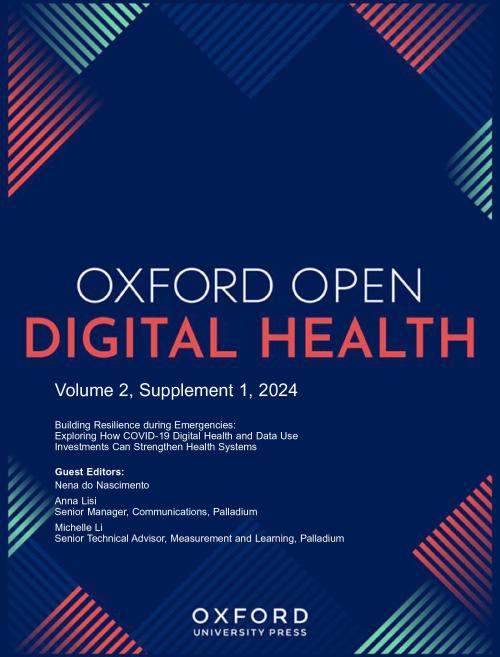Eastern and Southern Caribbean (ESC)
Caribbean islands are particularly vulnerable to external shocks from natural disasters, disease outbreaks, and economic decline. This is largely due to their geographic location and economic structure, which is heavily dependent on climate-related activities such as tourism and agriculture. The shock from pandemics like COVID-19 can therefore have devastating effects on the health sector due to increased demand for health services. The occurrence and duration of disease outbreaks are particularly difficult to predict, with outbreaks often being transmitted from one country to another—especially given the high level of international and regional travel.
Within the Caribbean region, data on COVID-19 cases are reported to the Pan American Health Organization (PAHO) regional office from national ministries of health. Even though this data provides insights on trends and hotspots in the region, there are weaknesses in the timeliness, completeness, and accuracy of this data. These weaknesses have contributed to significant challenges in COVID-19 decision making within each country.
Several lessons have been learned in the region and beyond from the COVID-19 pandemic, specifically the need to strengthen health information systems (HIS) to ensure adequate preparedness for future health emergencies.
Supporting the region’s COVID-19 response
CHISU has been supporting ministries of health in five ESC countries (Antigua and Barbuda, Guyana, St. Vincent and the Grenadines, St. Lucia, and Suriname) to identify COVID-19 data gaps that could hinder their timely and effective response to the COVID-19 pandemic. To do this, CHISU is providing technical assistance to each of these countries’ ministries of health to support improved data collection, aggregation, analysis, and use of COVID-19 vaccination data.
Additionally, CHISU has supported the production of communication materials highlighting USAID’s support to the COVID-19 response in the region. These materials have included fifteen monthly newsletters distributed to the White House, ESC embassies, and other U.S. Government stakeholders and which highlighted COVID-19 case and vaccination data from countries in the region, as well as descriptions of CHISU and other partners’ activities around COVID-19.
Providing HIS support across the region
CHISU provided short-term technical assistance in St. Vincent and the Grenadines to establish a supply chain strategic plan and develop HIS requirements to improve delivery of health commodities in the country. This initiative included a desk review of available documentation; onsite facility assessments; and workshops around supply chain strategy and information technology systems requirements.
In addition, CHISU is helping develop and launch the Caribbean HIS Technical Support Facility through support to the University of the West Indies’ Center for Health Economics. This facility will help institutionalize HIS technical support in the Caribbean region by providing consistent availability of HIS technical capacity outside of country governments; being a source for consistent, standards-based HIS guidance; serving as a regional collaboration platform for benchmarking against expected HIS performance; and more.
The program is also helping plan a regional HIS learning exchange to bring together stakeholders to exchange lessons learned and strategize around integrated health information management following COVID-19.

Activity Updates
Regional HIS Learning Event in the Eastern and Southern Caribbean

At the end of January 2024, CHISU convened regional health information system (HIS) stakeholders in the Eastern and Southern Caribbean (ESC) in Port-of-Spain, Trinidad and Tobago to share lessons learned to strengthen HIS coordination in the region. Read more ›
Blog Posts
Developing a blueprint for Suriname's health information exchange platform
Suriname partnered with CHISU to address its fragmented health information systems and enhance health care delivery. Read more about how a technical team developed the requirements for a tailored health information exchange platform (HIEP) to facilitate seamless data exchange and improve coordination of care among health care providers. Read more ›
News
CHISU launches first-ever digital health logistics system in Saint Vincent and the Grenadines
The new information system is designed to provide real-time logistics management capabilities that will cover the entire health supply chain from point of origin to point of consumption. Read more ›
Resources

Digital health global goods software are accessible, adaptable and scalable tools that can contribute to strengthened health data management and service delivery.

There is limited research on how emergency investments can support national health information system strengthening both for a given health emergency response and for routine health program areas.